The future of mobility may be in autonomous vehicles, but it could also be in battery-powered planes. That is, if an array of electric and hybrid-powered aircraft from aerospace companies like Airbus and United Technologies, showcased at the 53rdannual Paris Air Show last week, ever become more than just an exhibit for spectators.
But while plans to go electric may seem ambitious – as ambitious as, say, an autonomous flying car – Israeli-founded global manufacturer Eviation Aircraft has already debuted its full-scale, all-electric commuter airplane Alice to a crowd of reporters and industry experts. And the feedback at the largest aviation event in the world has been overwhelmingly positive.
Just days after US-Israeli startup New Future Transportation (NFT) unveiled its design for an electric, autonomous flying vehicle that will take commuters door-to-door at Israel’s EcoMotion conference, Eviation Aircraft debuted its full-scale, all-electric commuter airplane Alice at the Paris Air Show.
SEE ALSO:Uber Meets Tesla In The Sky: Regional Transport Gets A Lift From Eviation Aircraft
The Alice prototype has been dubbed the world’s first electric commuter plane, and Eviation Aircraft CEO Omer Bar-Yohay revealed that Massachusetts-headquartered regional airline Cape Air would be the company’s first customer. Cape Air operates 92 fleets in 35 cities throughout the US and Carribean, including Hyannis, Nantucket, and Martha’s Vineyard.
Bar-Yohay told reporters in a press conference at the show last Tuesday that Cape Air’s order numbers are in the “double-digits.”
“Cape Air is an ideal first customer for Eviation,” Yaara Dror, vice president of business development at Eviation Aircraft, tells NoCamels in a phone interview.
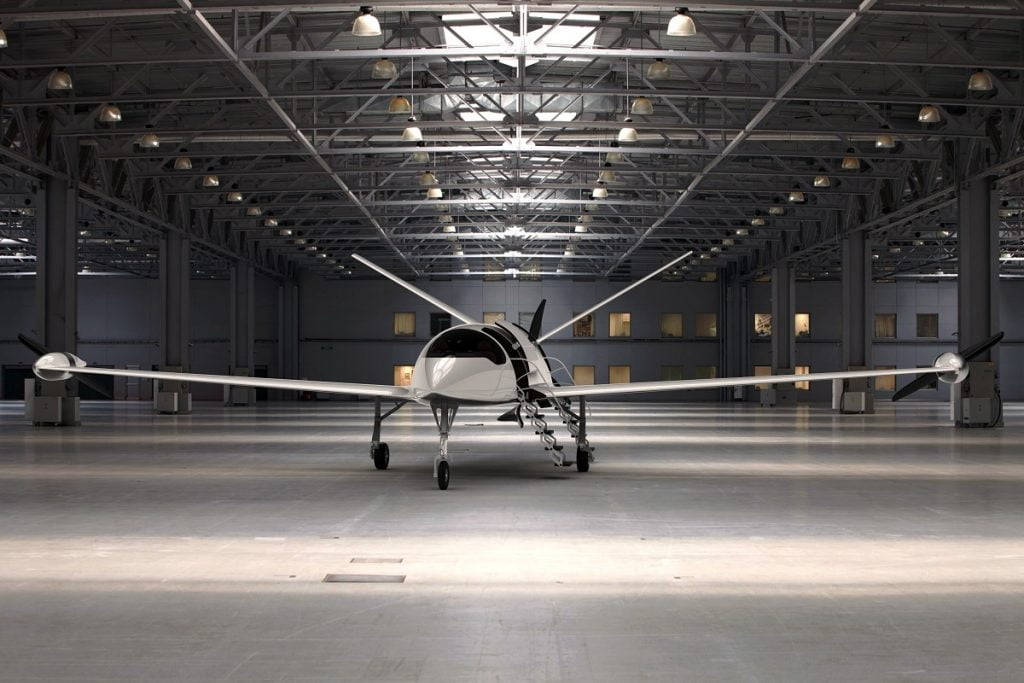
“The Hyannis region is an ideal area for operating electric aircraft — both in terms of range and task profile. Cape Air is far beyond the ‘first customer’ status. We see them as partners, both in their characterization and absorption in the operation of our first aircraft,” she says.
Bar-Yohay told Bloomberg that Eviation Aircraft is “talking to everyone” and looking at other potential customers including United Continental Holdings and JetBlue Airways.
The company aims to complete its first test flight in late 2019 or early 2020, Dror said, and pending official approval from the Federal Aviation Administration (FAA) is hoping to begin commercial use of its fleets by 2022.
“The dialogue with the FAA has already been initiated. We are working together to define the list of licensing requirements. I can say that cooperation with the authorities is excellent,” Dror said. “There are a number of electric aircraft in the licensing process today and of course, we do not have detailed information due to the confidentiality of the process. But we certainly expect to be one of the first to receive FAA licensing for an electric passenger plane for Category III aircraft.”
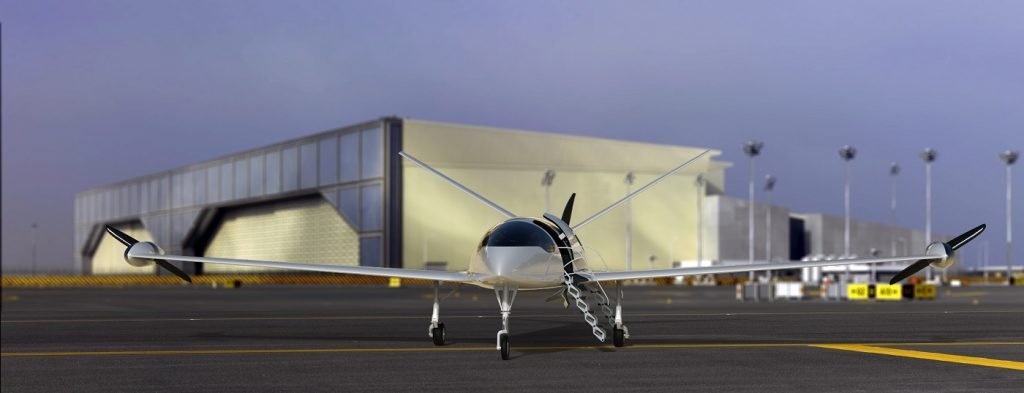
“This aircraft is not some future, maybe. It is there, ready and waiting,” Bar-Yohay, told reporters, before explaining that the aircraft will be test flighted in Arizona later this year.
Alice, is “capable of flying with nine passengers at 240 knots and a range of up to 650 miles [1046.07 km],” Bar-Yohay said in a company statement. It will redefine how people travel regionally, he said, and at a fraction of the costs of conventional jetliners, it will “usher in a new era of flying that is quieter, cleaner, and cost-effective.”
The electricity of it all
While the electric vehicle (EV) market is still relatively small, with just over two million units sold in 2018, the electric verticle take-off and landing (eVTOL) market could be a $285 billion business by 2030, according to a 2017 Goldman Sachs study.
The idea of curbing carbon emissions by half by 2050, an eco-friendly pledge by the aviation industry, is another reason many of the major airlines are exploring electric options.
Sign up for our free weekly newsletter
SubscribeDror tells NoCamels that Eviation Aircraft will reduce direct operating costs by up to 70 percent while bringing travelers a pleasant, cost-effective, noise-reducing, emission-free experience.
“The belief that flying is expensive and ineffective for short distances is going to change dramatically,” she explains.
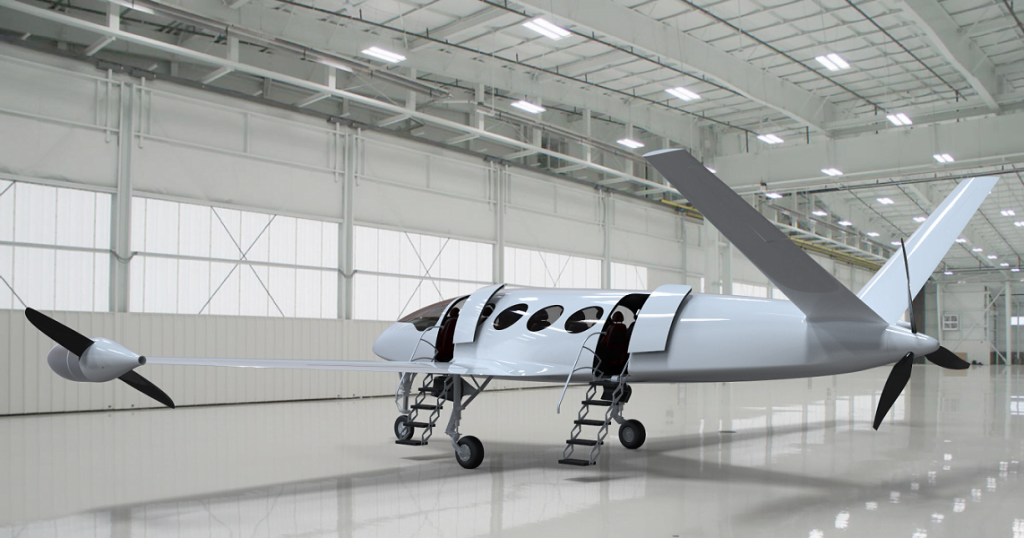
Alice has three electric motors on its tail and one on the tip of each wing. The prototype also carries a 3,500 kg battery. While batteries can’t store as much energy as fuel, they work perfectly for short-haul flights like the kind Alice is prepared to make via Cape Air, with less maintenance, lower cost, and a faster turnaround, the company says.
“It’s basically a huge battery with some plane painted on it,” Bar-Yohay told reporters.
“This plane looks like this not because we wanted to build a cool plane, but because it’s electric,” he said, “You build a craft around your propulsion system. Electric means we can have lightweight motors; it allows us to open up the design space.”
The company said it will use German manufacturer Siemens and Australian motor manufacturer MagniX to provide electric propulsion units (EPUs). They are also “working hand-in-hand” with partners such as Honeywell to provide flight-by-wire systems, Hartzell to provide propellers, and Mannahi Aeronautica to provide landing gear.
Eviation has said it will partner with Seattle-based aerospace manufacturer AeroTEC to conduct flight tests at Moses Lake’s airport, a popular flight test state for companies like Boeing and Mitsubishi.
High-flying vehicles
Back in May 2018, when transportation network Uber and US space agency NASA signed a deal to collaborate under the Space Act partnership for the development of an urban aviation rideshare network, many wondered if robo-taxis and rideshares in the sky were just around the corner.
Some Israeli companies, including Eviation Aircraft, are already a step ahead — developing models and prototypes for high flying cars and unmanned aerial vehicles.
Rafi Yoeli, an aerospace R&D expert and “founding father of the unmanned vehicle industry,” put together a team of experts from the Israel Aerospace Industries (IAI) to form the Yavne-based Urban Aeronautics in an effort to develop a compact vertical take-off and landing (VTOL) vehicle to lift cargo or people in emergency situations. Yoeli and co. have been working on a prototype for what the company calls the Cormorant, an airborne vehicle they claim will find use in war. Its launch is set for 2021.
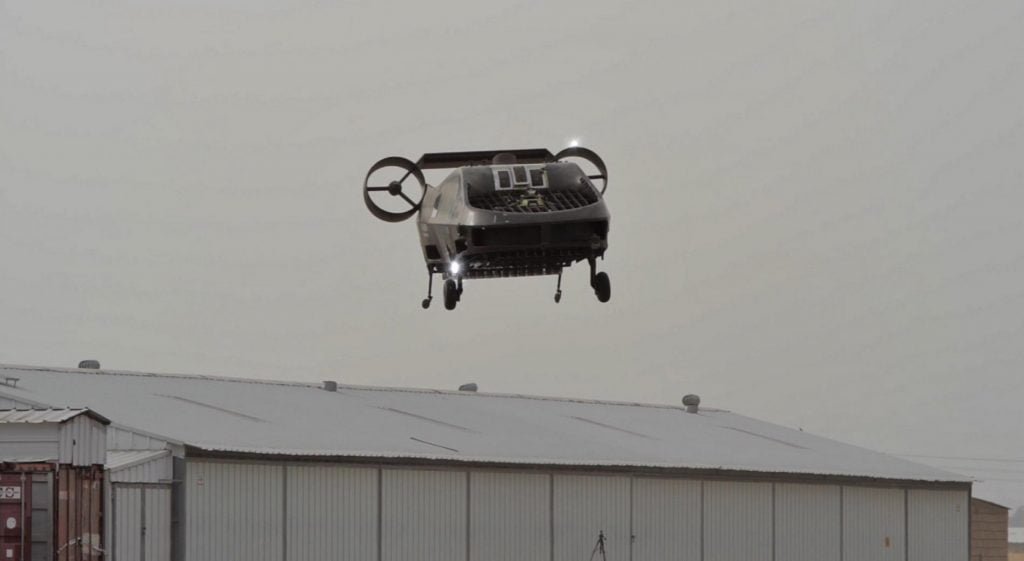
The company’s subsidiary Tactical Robotics is also developing a single-engine passenger drone, which Yoeli has said is “like a helicopter, but without the exposed rotors.” Still, he insists it doesn’t look like a helicopter and is much more “like a car” in size.
SEE ALSO:Ride & Fly: US-Israeli Startup To Begin Testing Flying Vehicle In 2020
At the seventh annual EcoMotion Conference in Tel Aviv, this month, the American-Israeli startup New Future Transportation (NFT) revealed its design for a flying electric car called the Aska. The vehicle, targeted to families with young kids, has testing scheduled for the beginning of next year. NFT is currently working together with the FAA and NASA on all regulations.
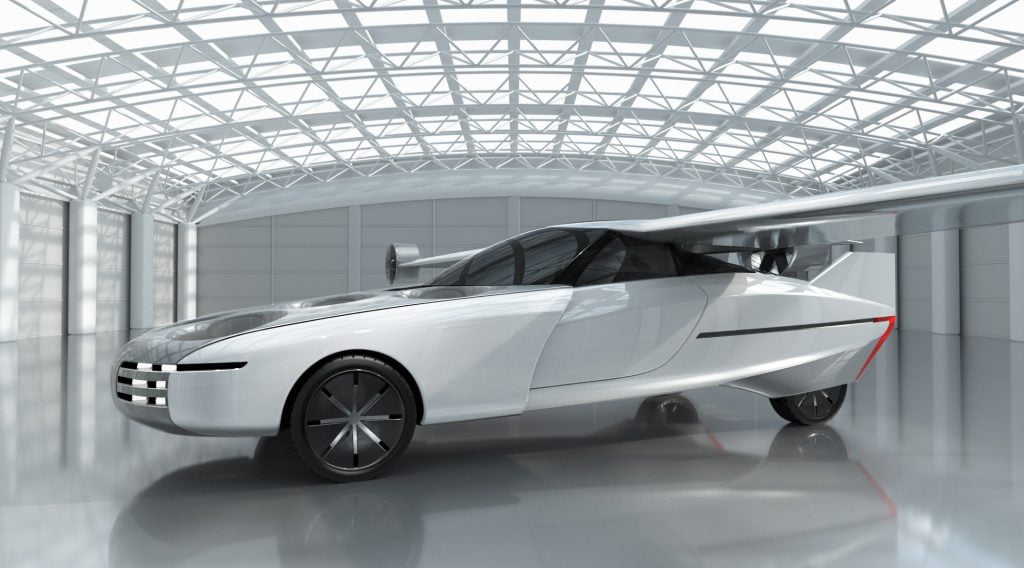
As for Uber’s aerial rideshare plans, it’s possible that Bar-Yohay’s “Uber meets Tesla in the sky,” as he has coined Alice, will beat them to it.
“The impact is tremendous,” says Dror, “Far beyond ‘another new airplane. This is disruptive technology. And we believe the world is about to change, and soon.”
Related posts

Editors’ & Readers’ Choice: 10 Favorite NoCamels Articles

Forward Facing: What Does The Future Hold For Israeli High-Tech?

Impact Innovation: Israeli Startups That Could Shape Our Future


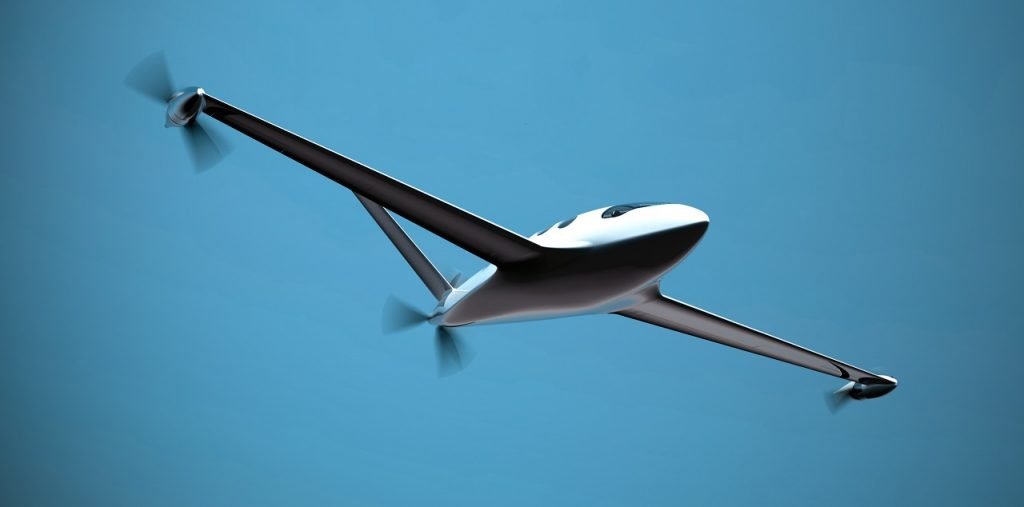

Facebook comments